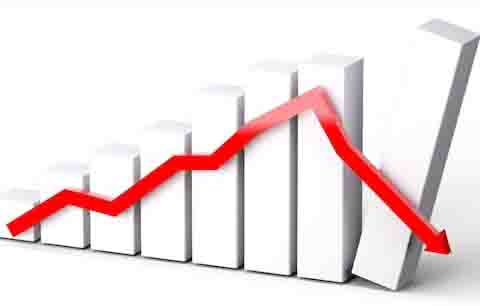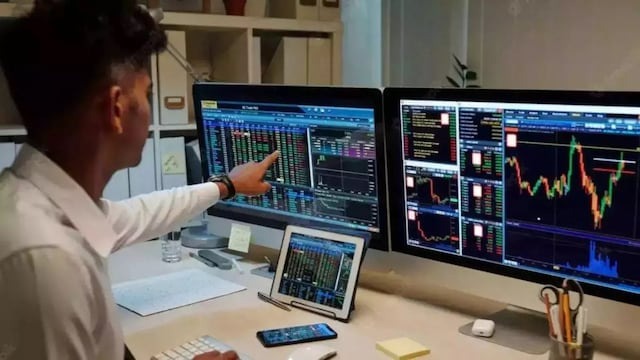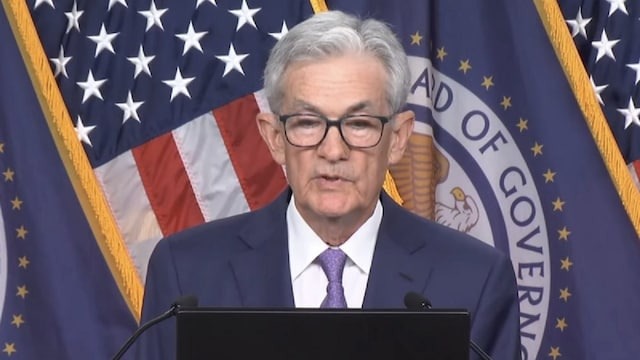
New Delhi. Fears of recession in the world have been expressed for a long time. Due to pressure on some of the world's major economies, the risk of recession in the year 2025 has increased further. When a country's gross domestic product (GDP) declines for two consecutive quarters, it is said that the country's economy has fallen victim to 'recession'. The economies of many countries including America, Germany, Japan and New Zealand are not in good condition at this time. Experts say that signs of tension in global economies and financial markets point to potential risks in 2025. The coming year may be challenging, but it is not yet clear whether the US and other major economies will enter recession.
Germany, Europe's largest economy, is currently facing pressure due to high energy prices, geopolitical tensions and potential trade disruptions with the US and China. This is increasing the possibility of recession in the country. The situation in Britain is also not good. According to revised GDP figures, Britain is in a state of stagnation with zero growth in the third quarter, and is on the verge of recession.
Japan's condition is also thin
Japan, the world's third largest economy, unexpectedly went into recession earlier this year. This was mainly due to the weakness in domestic demand. The average household debt in Japan rose to ¥6.55 million in 2023, which is more than the average income, forcing many families to take loans at high interest rates.q
New Zealand's GDP fell 1% in the July-September quarter. The country's GDP also fell 1.1% in April-June. This six-month decline represents New Zealand's weakest economic performance since 1991, excluding the COVID-19 pandemic. The US economy remains stagnant. Goldman Sachs has reduced the probability of a US recession in the next 12 months from 20 percent to 15 percent.
Inflation is a big concern
According to Bhaskar Lakshminarayanan, analyst at Julius Baer, "There are no signs of recession. If the market and the economy are doing well, there may be some tension in pricing which may lead to inflation; this is an indication that inflation may be a bigger concern in the US than a recession.
According to Rajiv Aggarwal of Foresight
India Fund, the strength of the US dollar due to capital inflows from emerging markets has created significant challenges for Asian countries except Japan. Sudeep Bandopadhyay of Inditrade Capital says that after Donald Trump becomes the President of America, uncertainty will increase in the global markets. This will happen due to his increasing tariffs. This will affect global trade.

 Desk
Desk Share
Share






